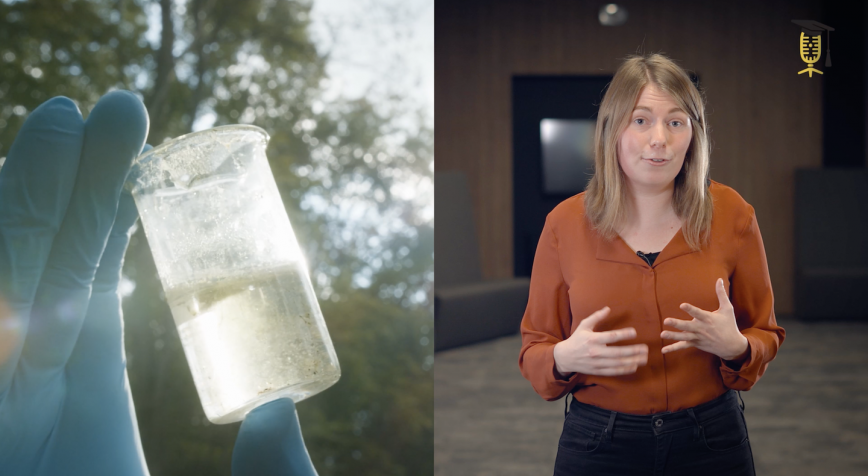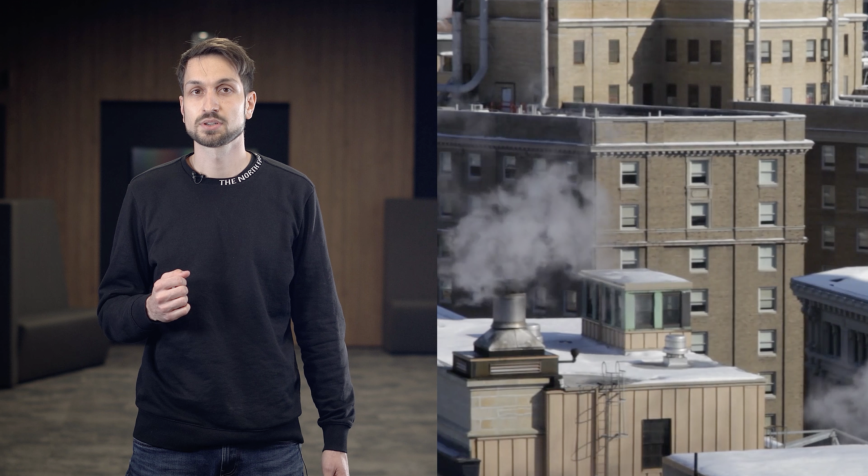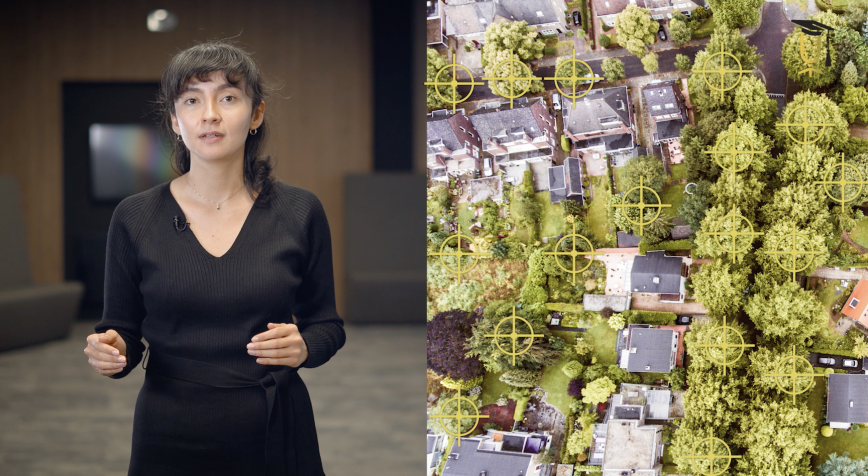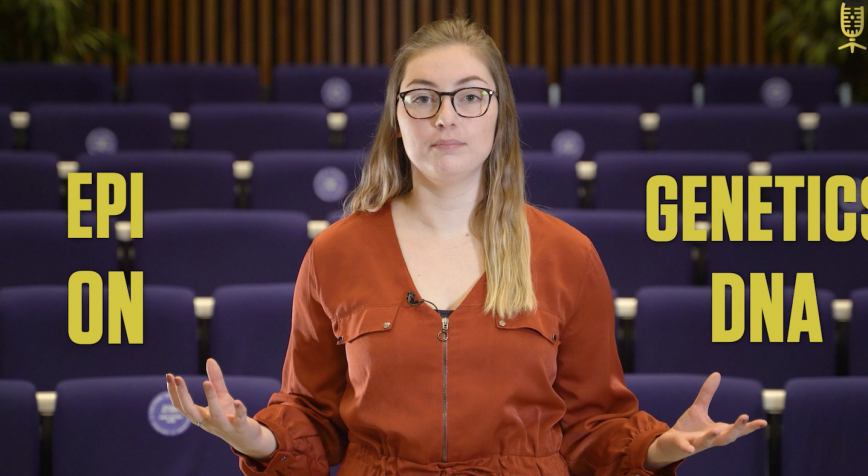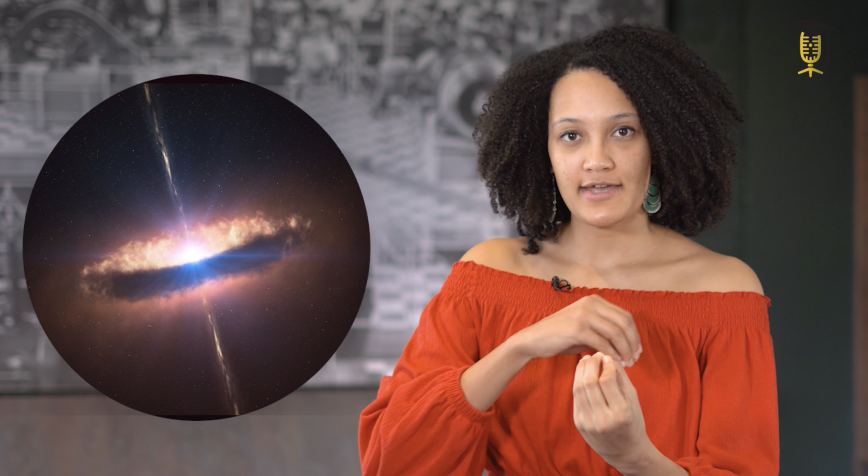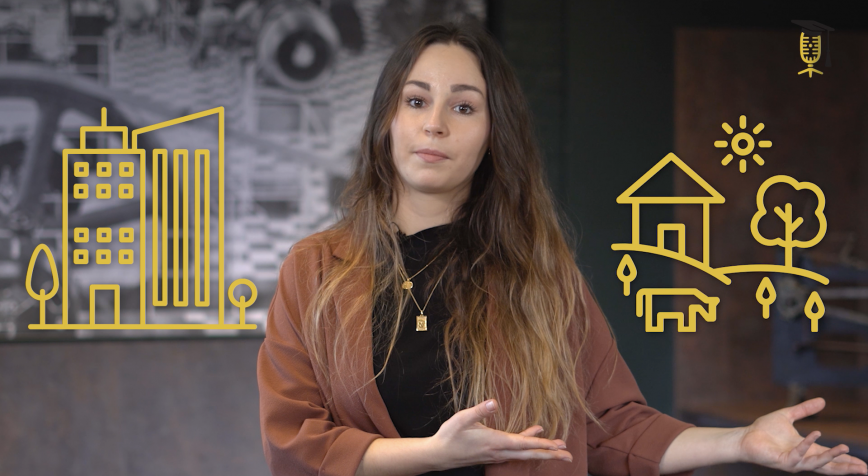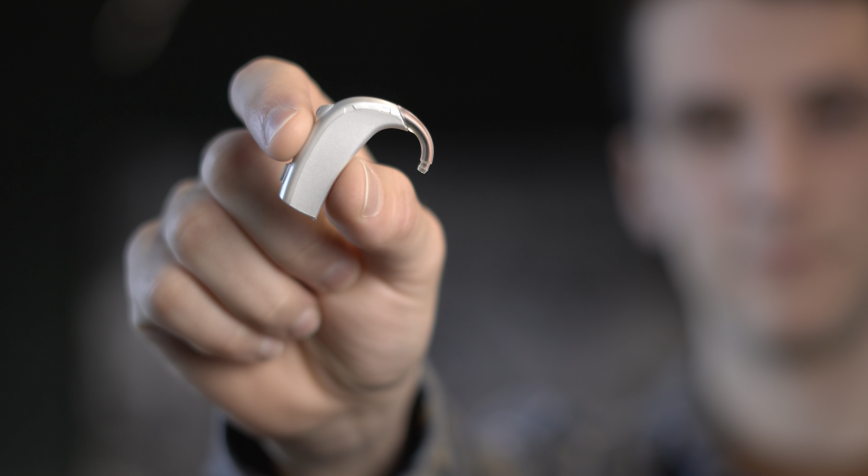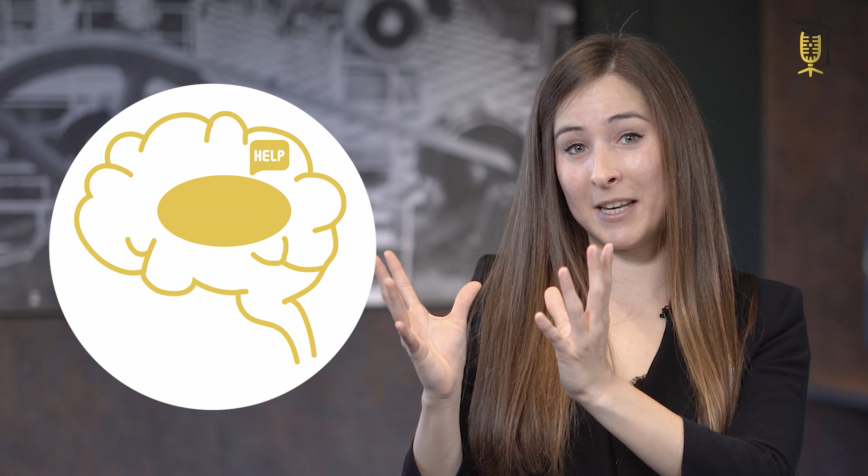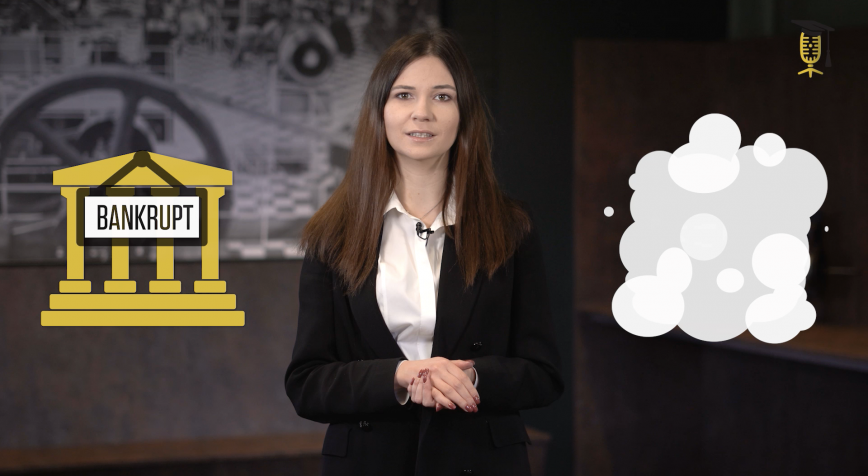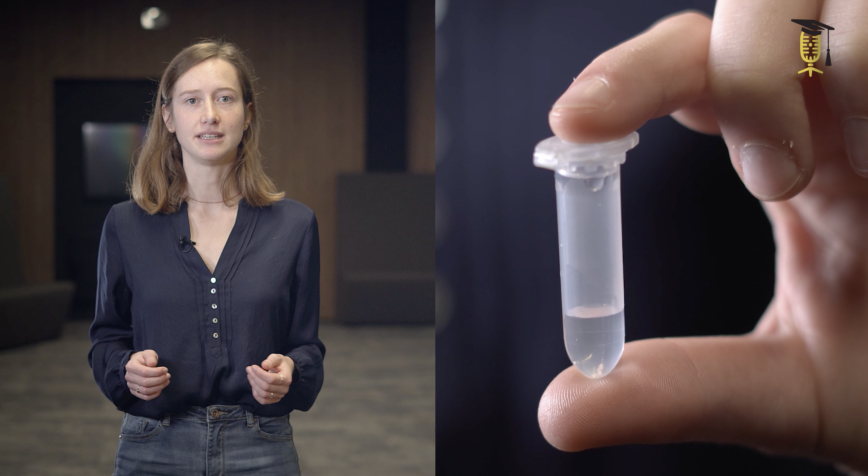
UAntwerpen
VITO
Detecting dementia through proteins
Every three seconds, someone in the world is diagnosed with dementia. But what causes it? Dementia can be caused by diseases such as Alzheimer's & Parkinson's. The only way to find out the exact cause is by studying the brain tissue of a patient after his death 🧠 Yaël Hirschberg hopes to develop a method of identifying this earlier so that a patient can receive targeted care even before the first symptoms of dementia appear. Watch her explain how
